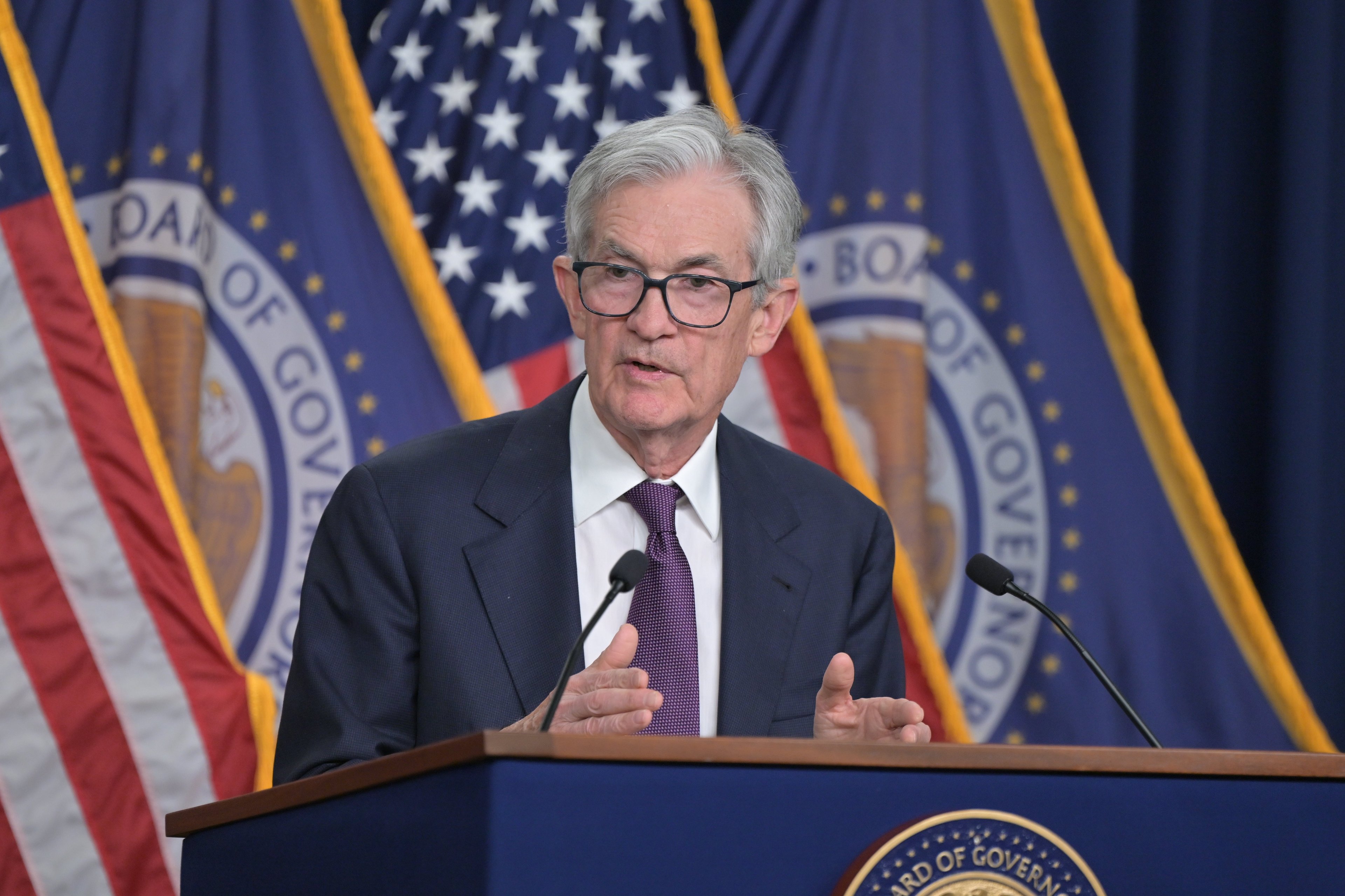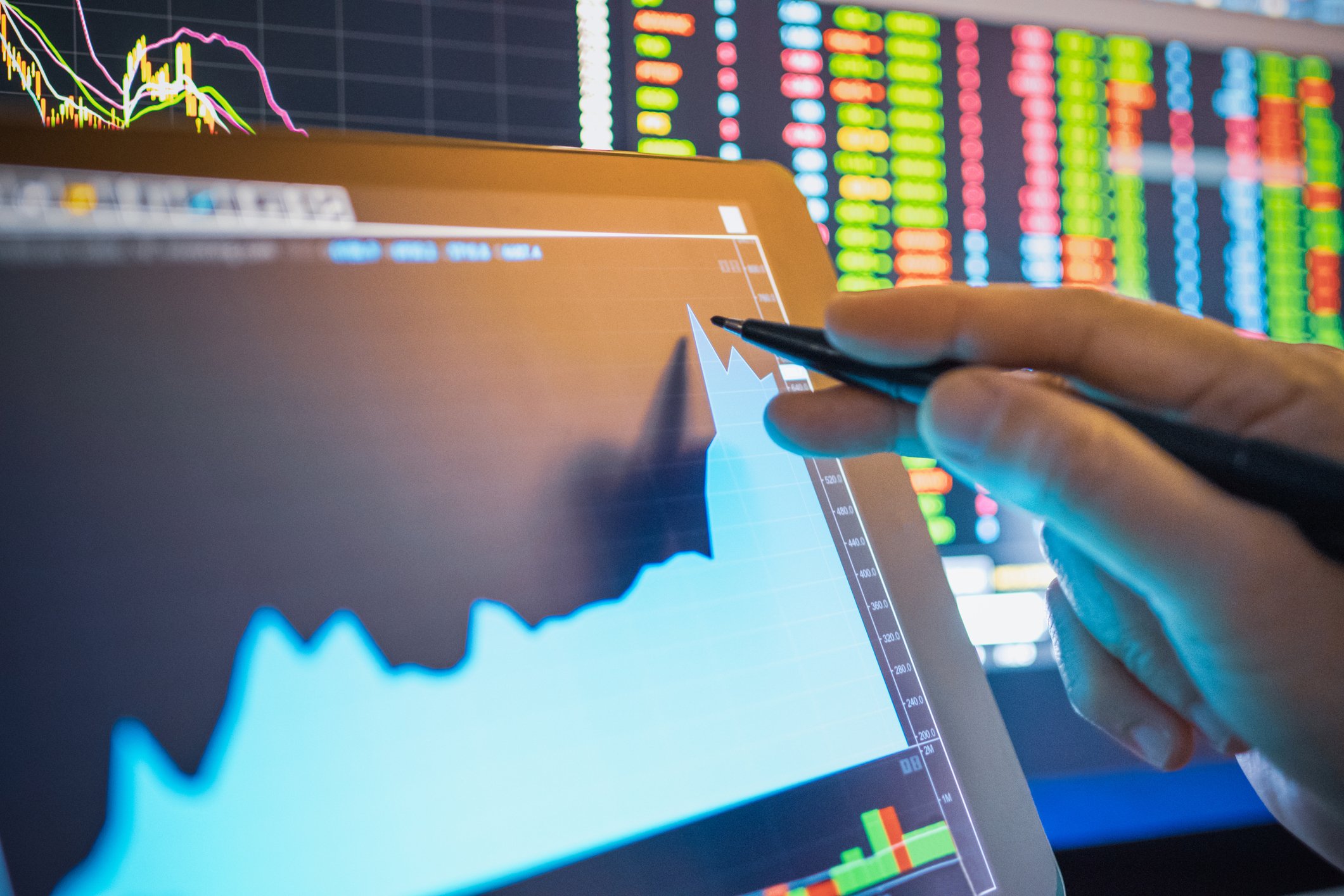Although we don't believe in timing the market or panicking over daily movements, we do like to keep an eye on market changes -- just in case they're material to our investing thesis.
Despite continued fears that the Federal Reserve will begin pulling back on quantitative easing measures in September, stocks ended higher Tuesday. Wall Street has been in a perplexing habit of pulling back on each bit of positive economic news, taking the gradual improvement as a sign interest rates will inevitably rise. Today, however, the stock market largely ignored the Fed, edging up on a fourth consecutive month of increased retail spending. The S&P 500 Index (^GSPC 0.03%) gained 4 points, or 0.3%, to end at 1,694.
First Solar (FSLR 0.93%) dropped 4.2% Tuesday, falling for a second straight day. The poor performance could be a lingering hangover from last week's earnings call, which sent shares down 13.4% in a single day. While First Solar's P/E looks alluring, trading at just 10 times trailing earnings, a quick look at the most recent quarter shows why that figure is misleading. With sales down 46% and profits cratering 70% from the year before, the business isn't showing it's on the right track and investors are punishing share prices accordingly.
If you bought into J.C. Penney (JCP +0.00%) at any point between now and when Bill Clinton was leaving office, you haven't made money. Admittedly, it would take some superhuman patience to even hold the stock that long, especially throughout the past few years, as hedge-fund manager Bill Ackman has been doing his best to give all the wrong advice, complain, and do it all over again. Although shares lost 3.7% today, it may be a small price to pay for Ackman's exiting the picture -- he threw in the towel and resigned from the board Tuesday. While Ackman's departure is probably a net positive for the company, he still owns a large chunk of shares, and Wall Street is worried he may be more likely to sell them now.
Lastly, shares of building materials company Masco (MAS +0.00%) shed 3.3% Tuesday as interest rates ticked higher. The success of Masco, which also sells home improvement products, is inevitably connected to the health of the wider real estate market, as evidenced by the company's sales: After the housing bubble burst, it wasn't until 2012 that sales began to grow again. To those still bullish on the long-term housing market, today's decline shouldn't be a game-changer, especially since big swings are the norm for Masco: The stock is nearly twice as volatile as the broader stock market.








